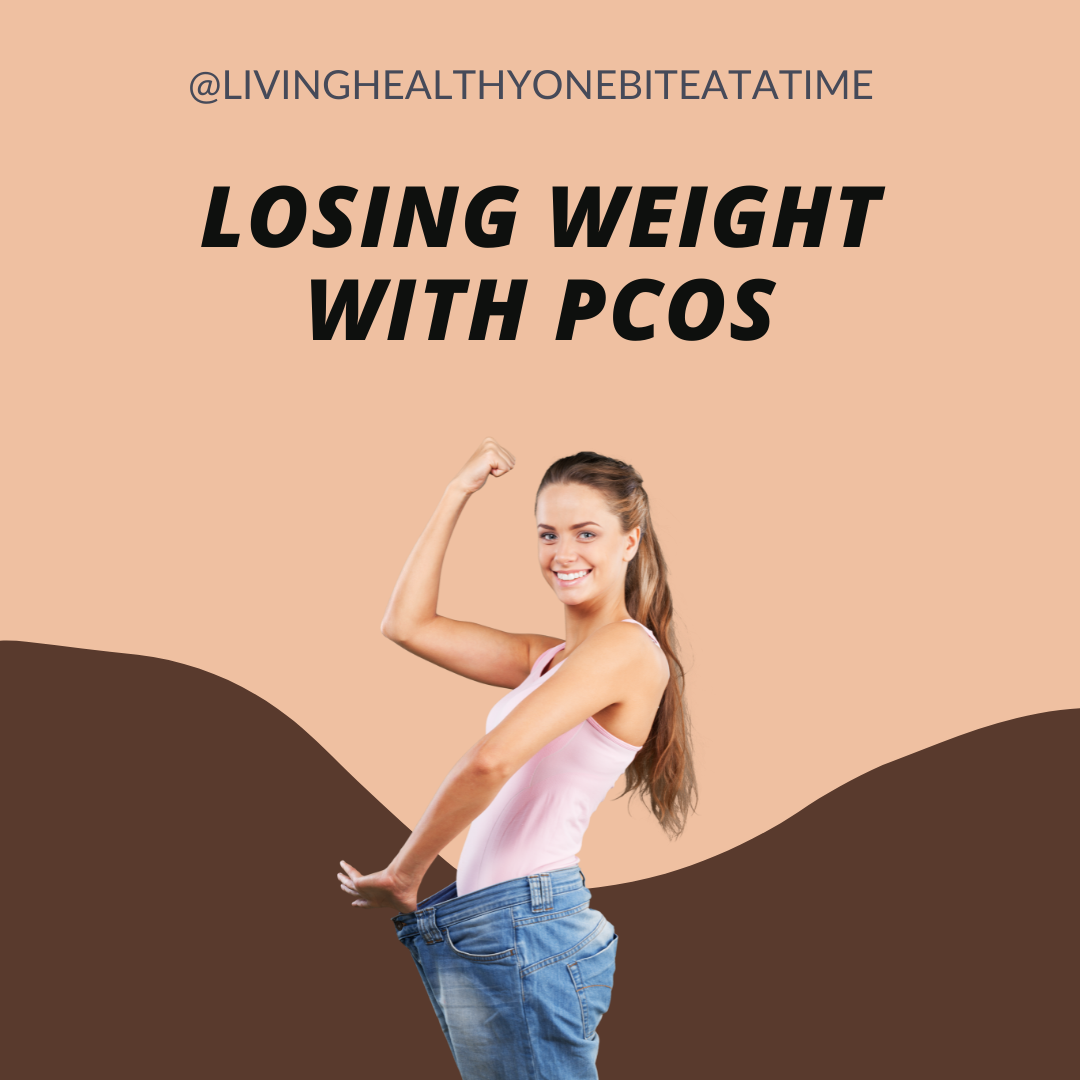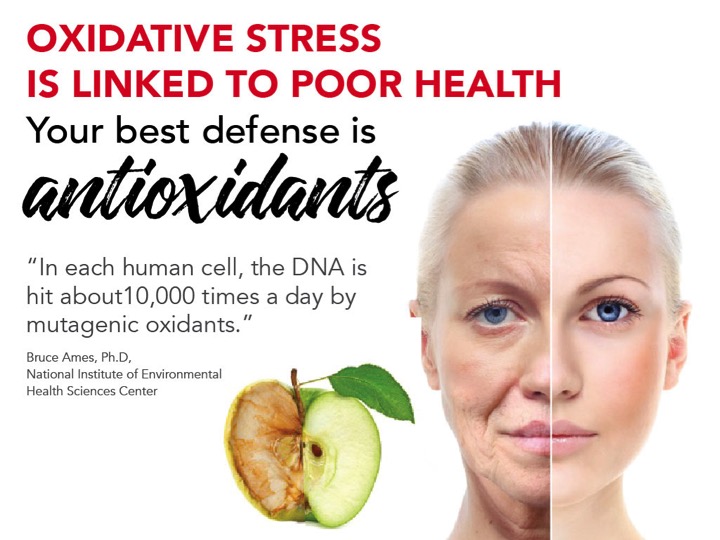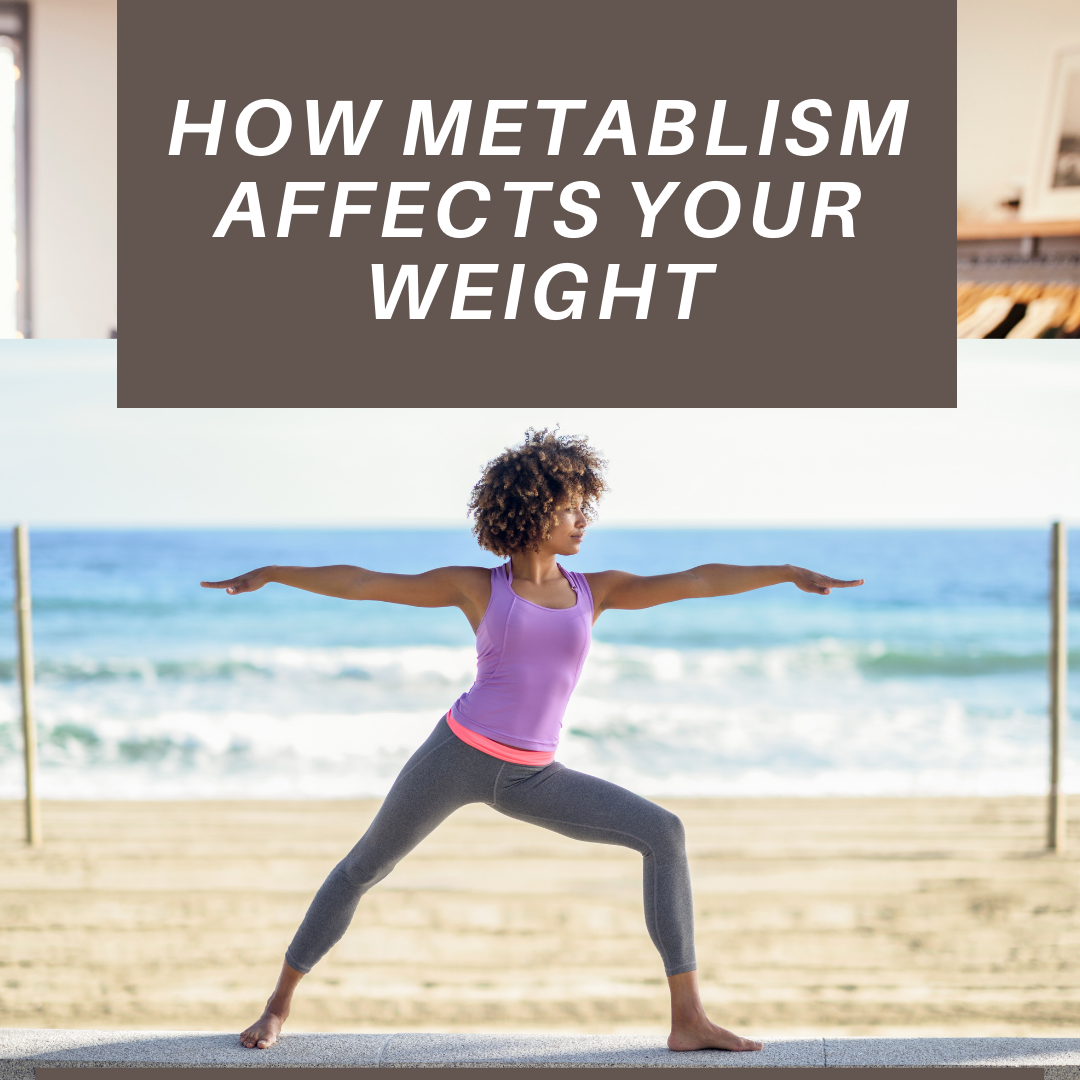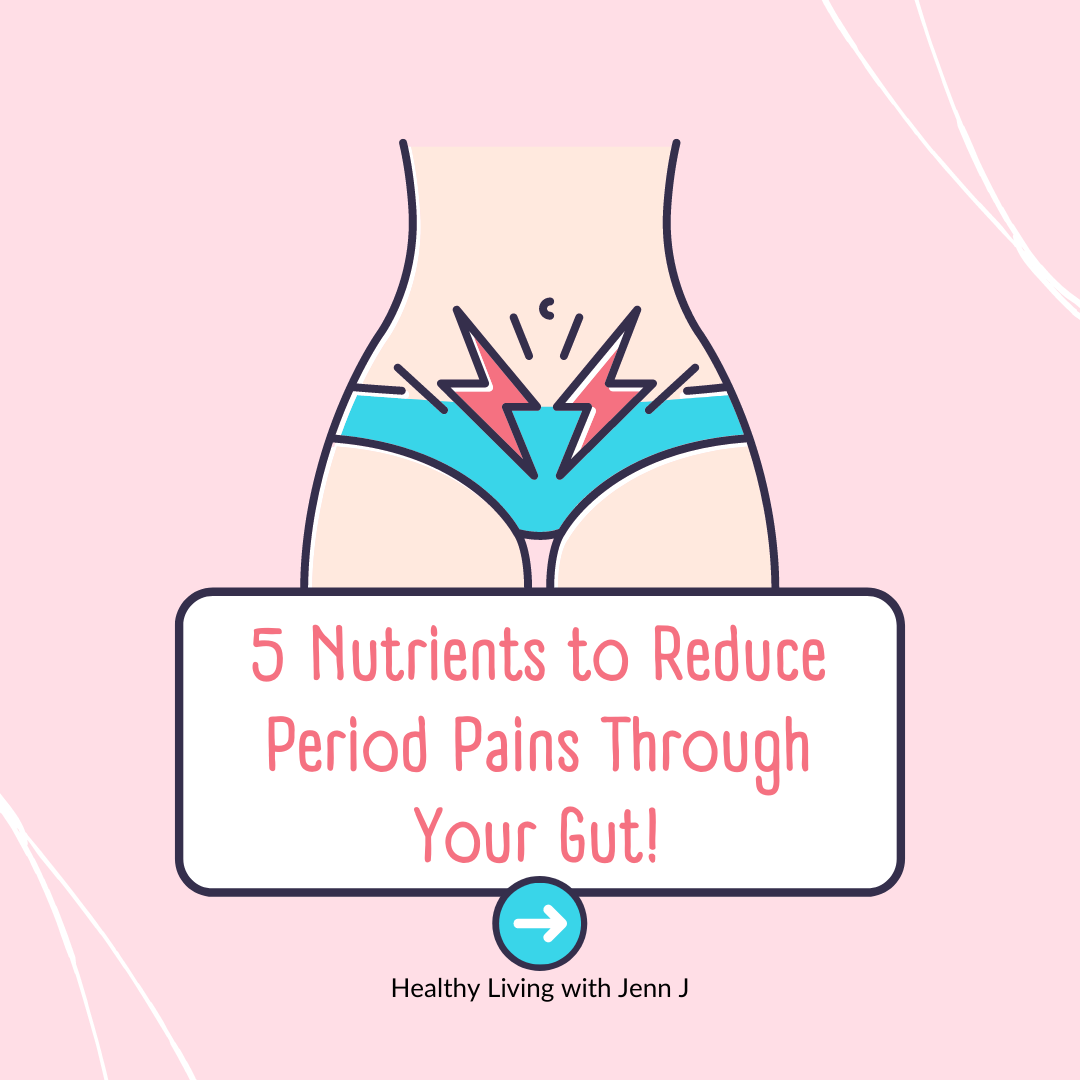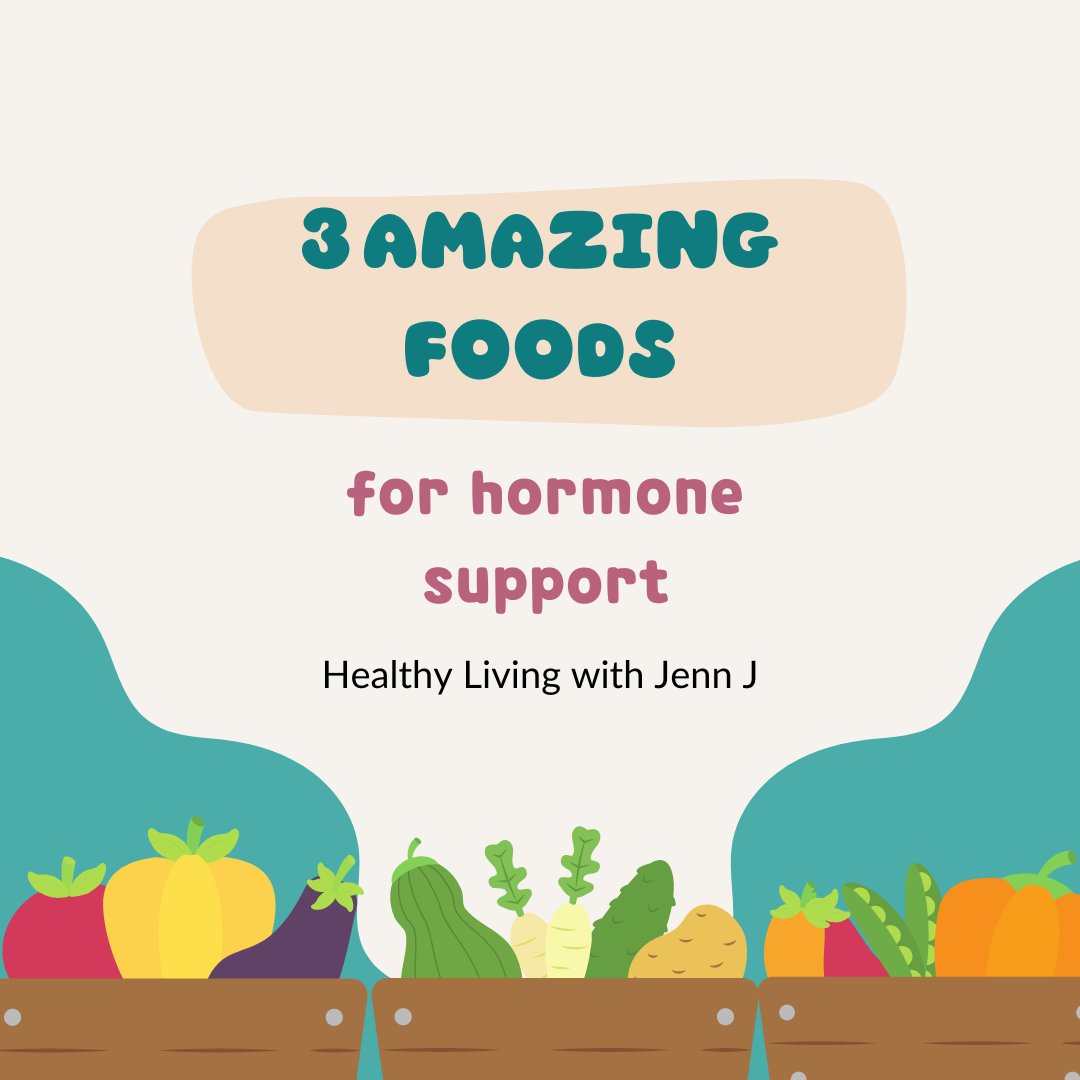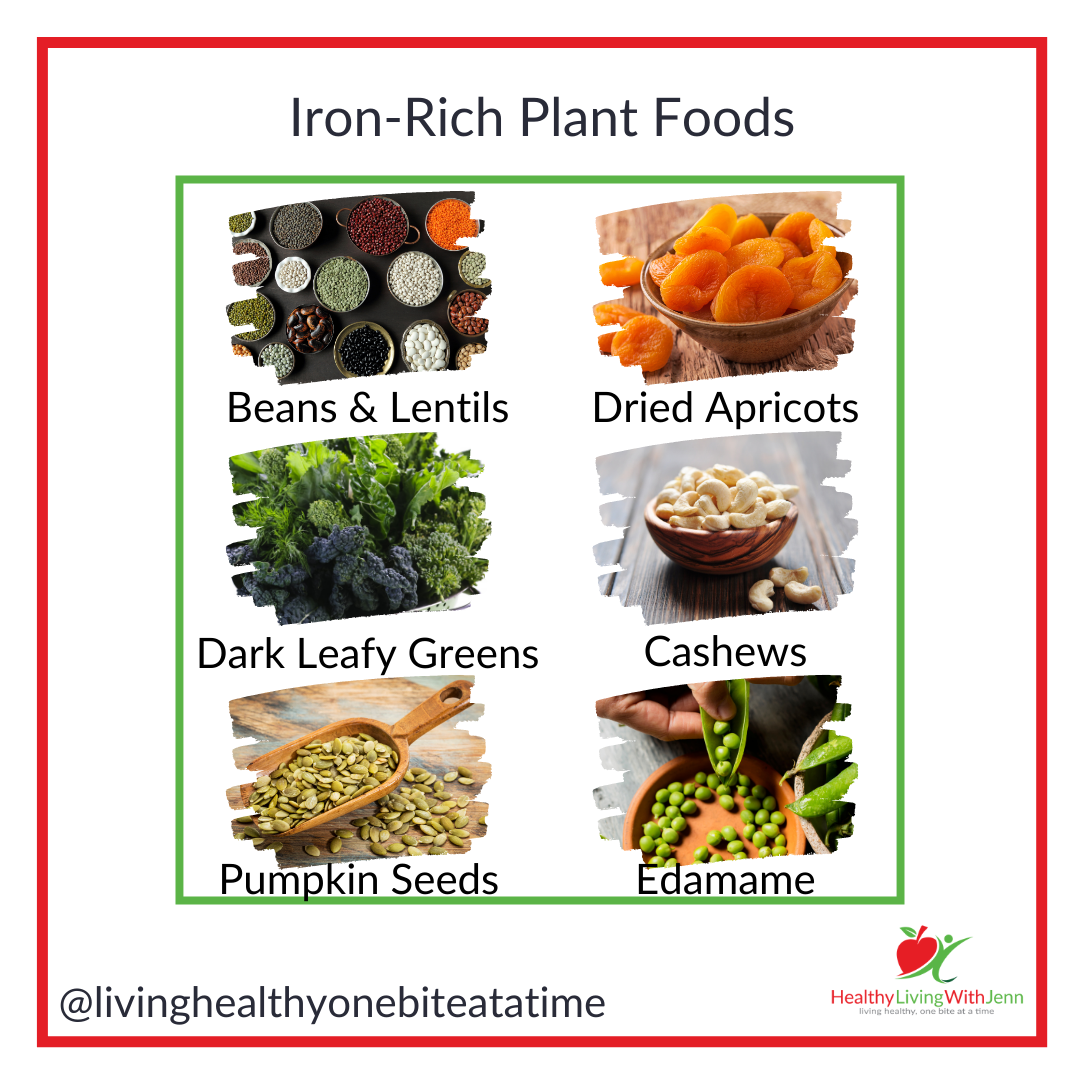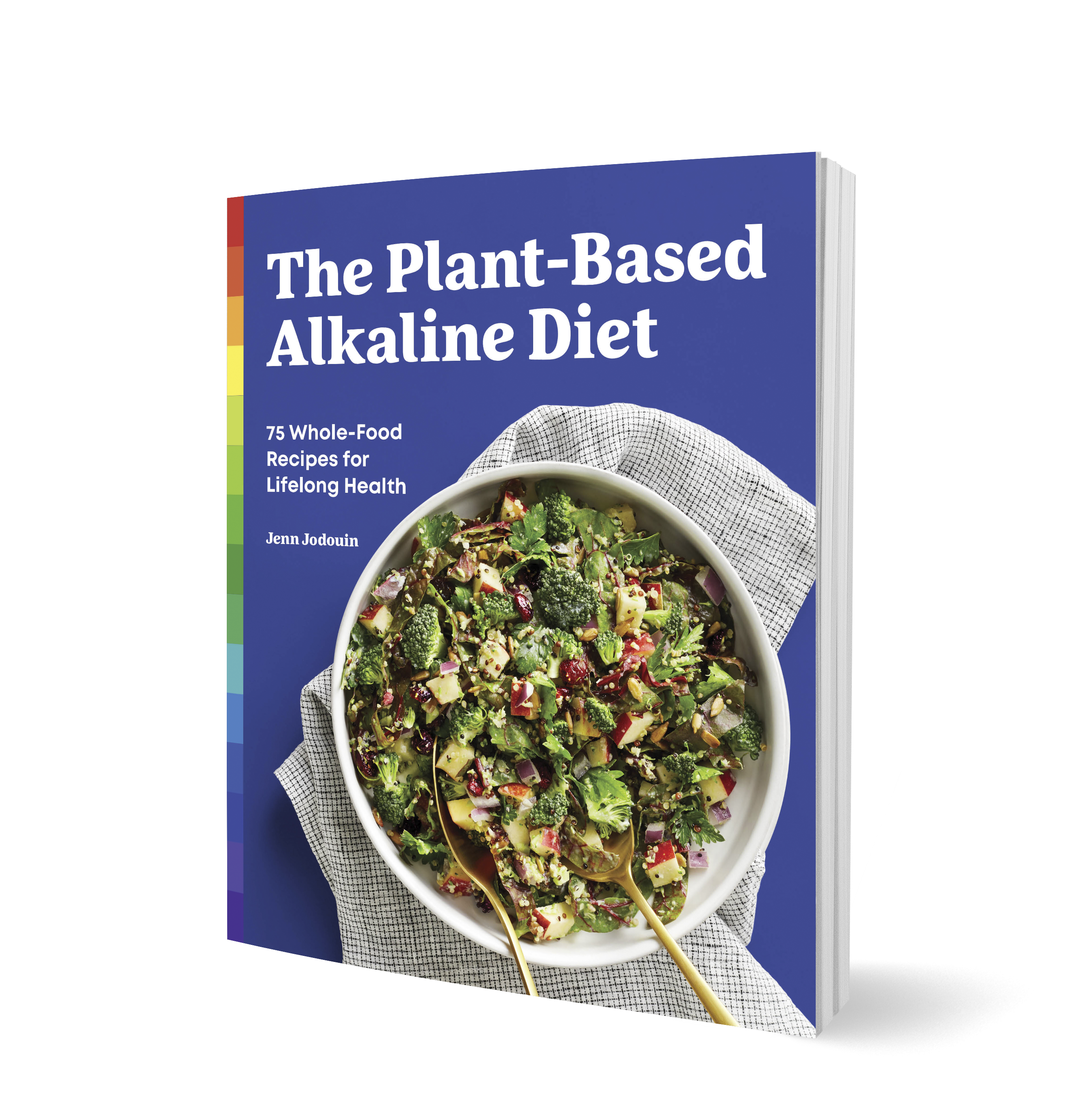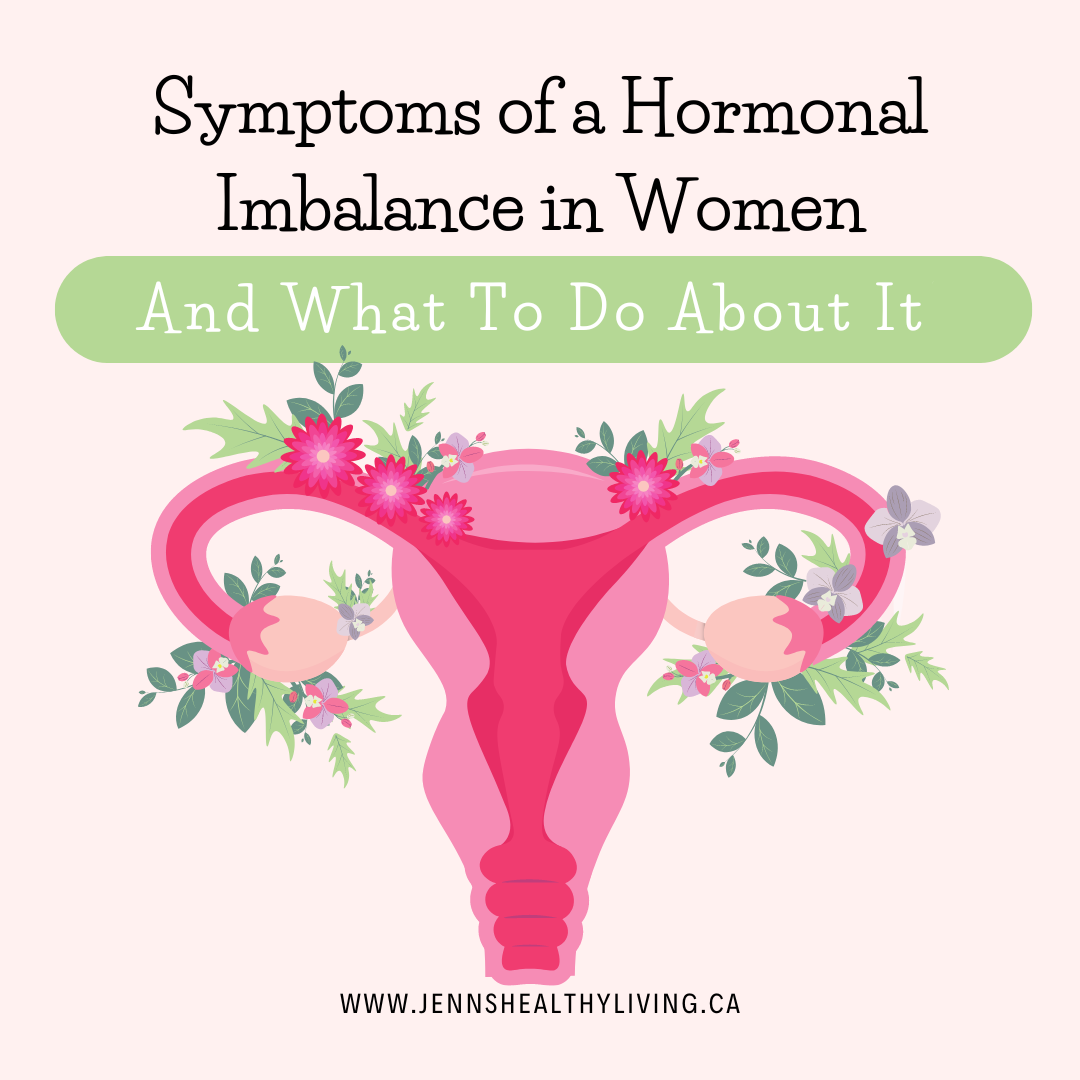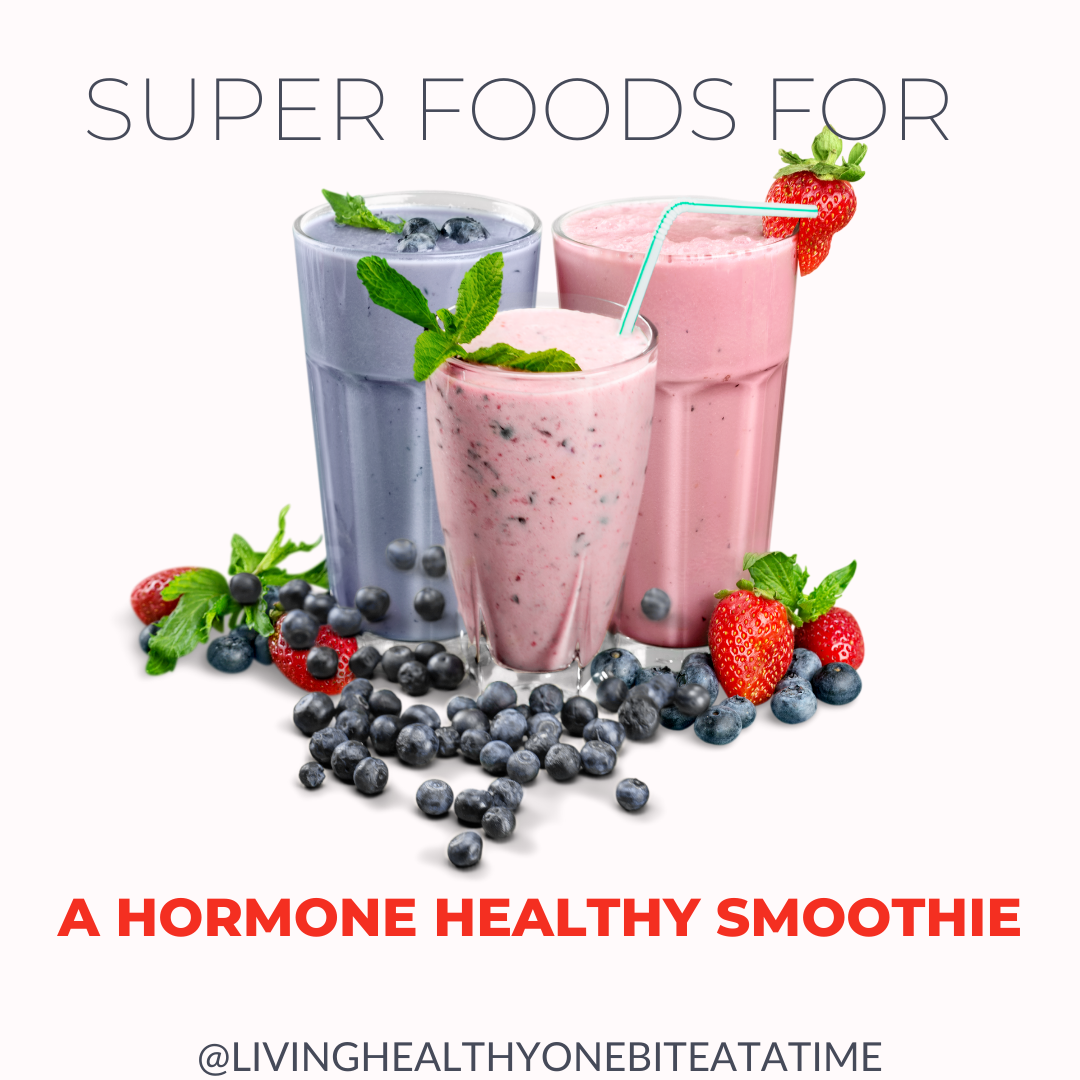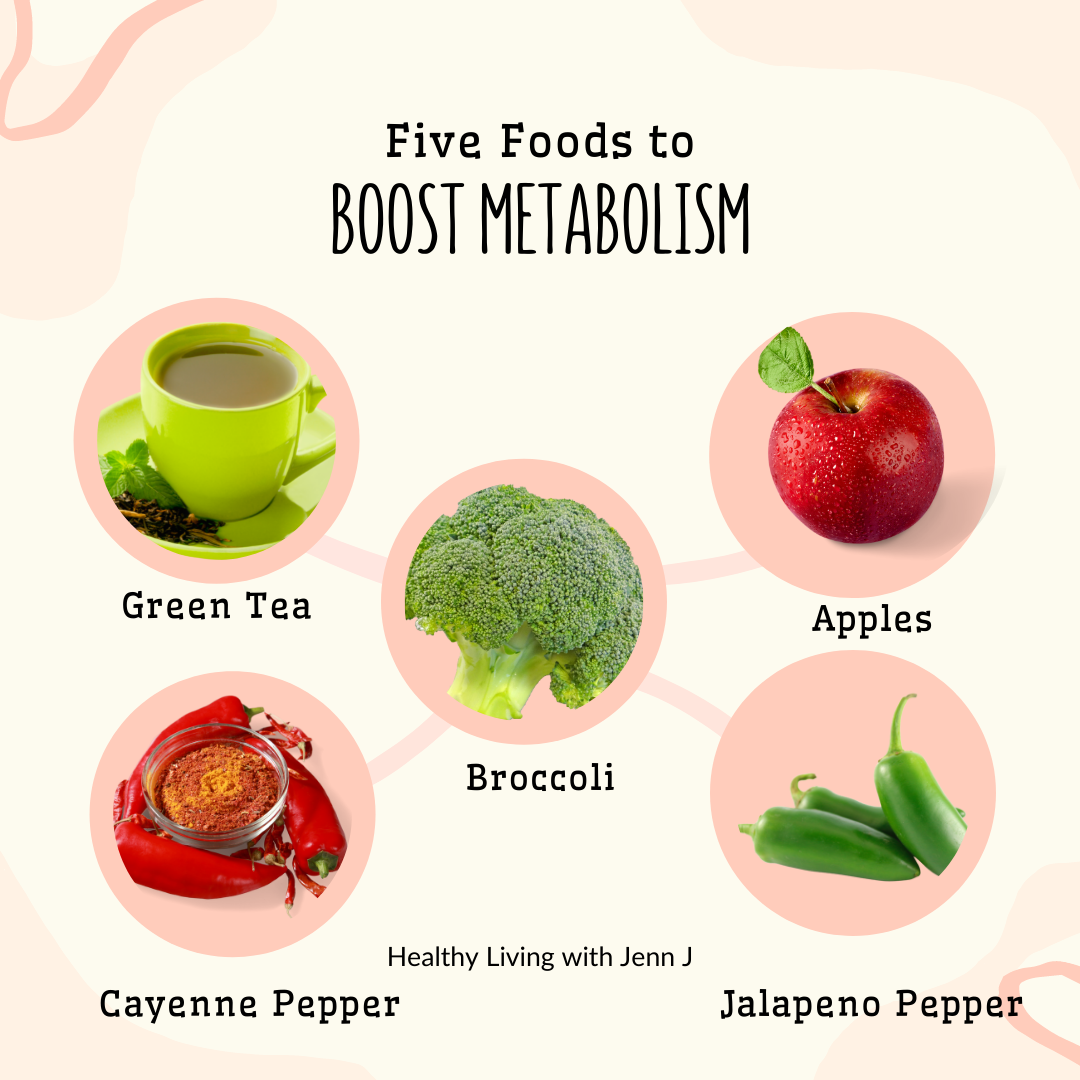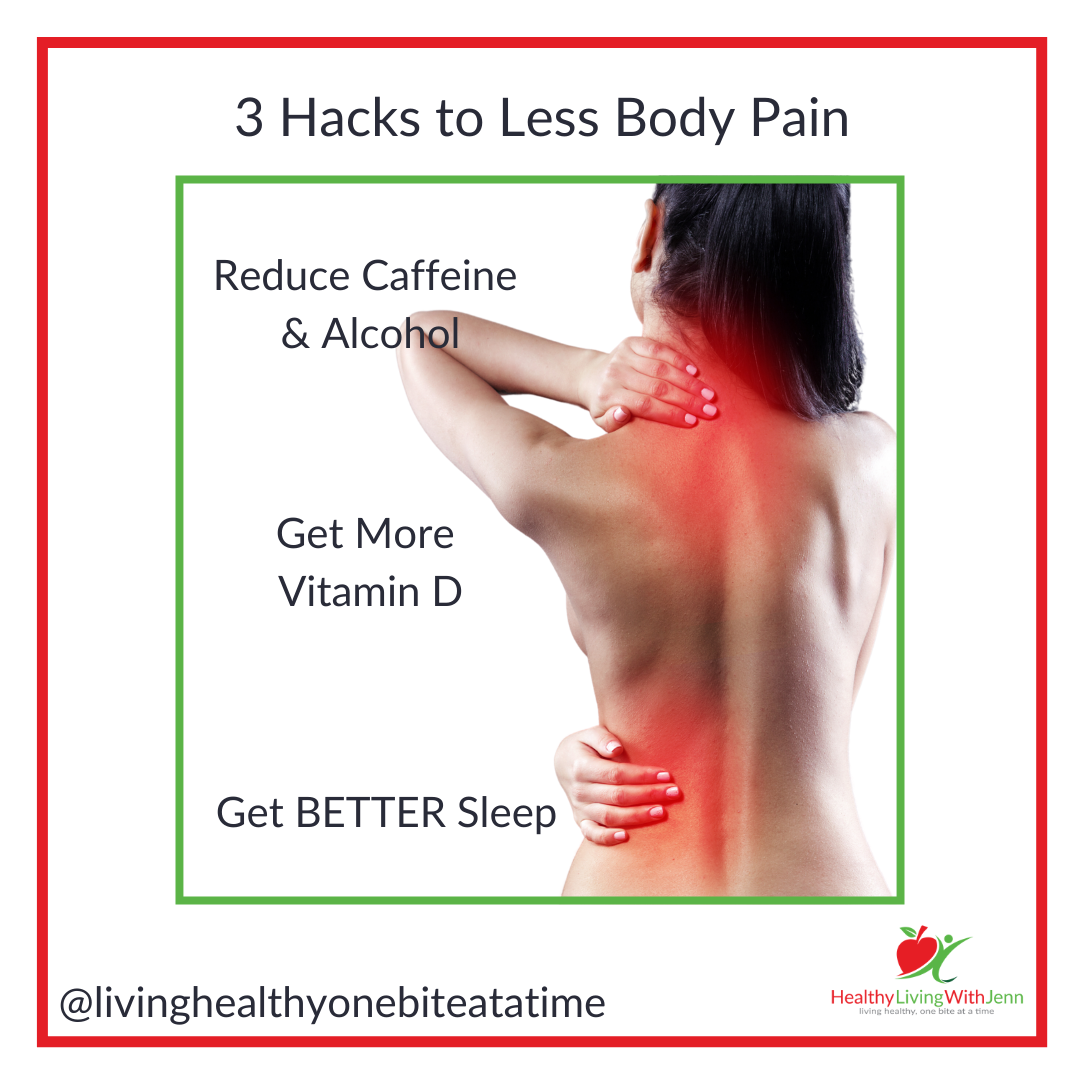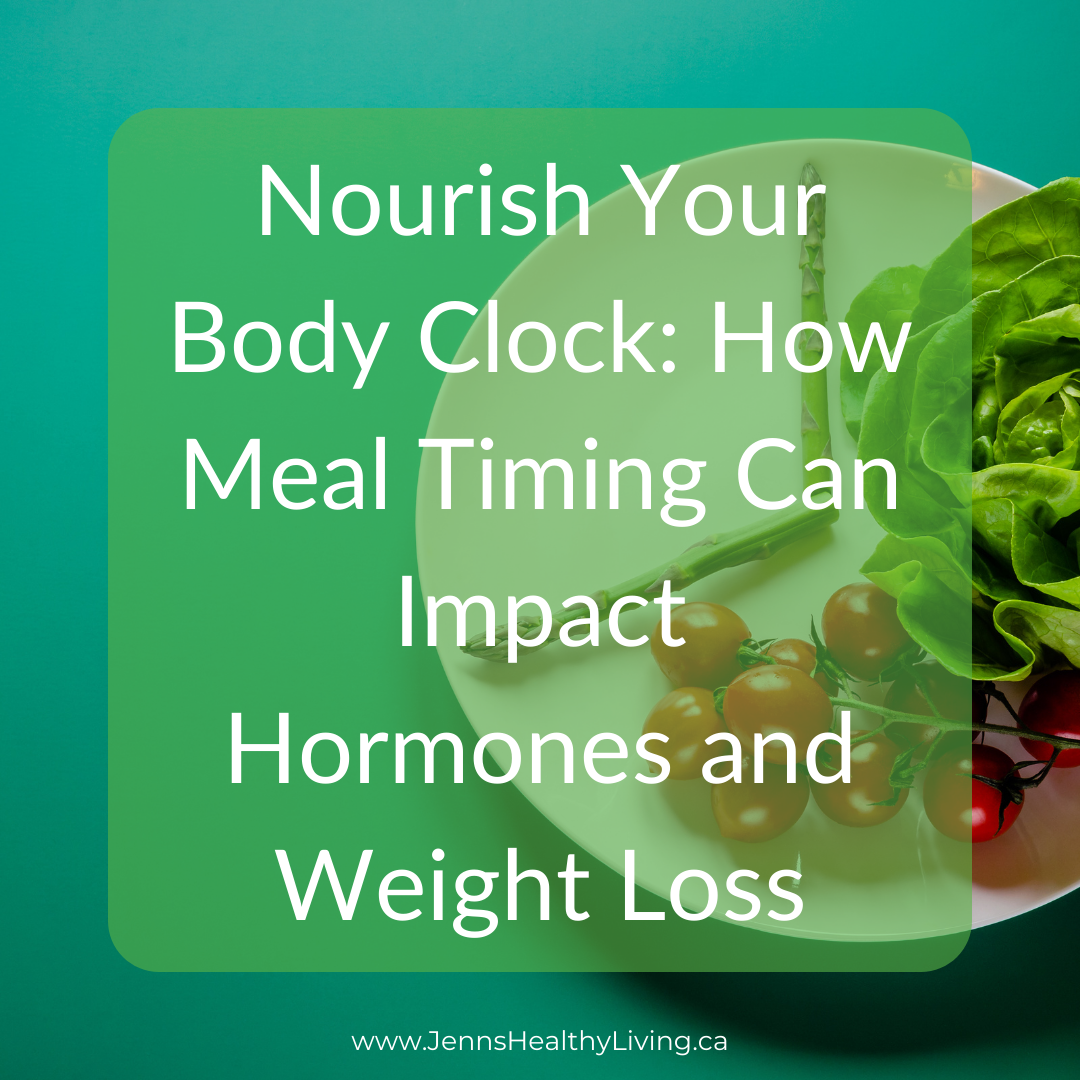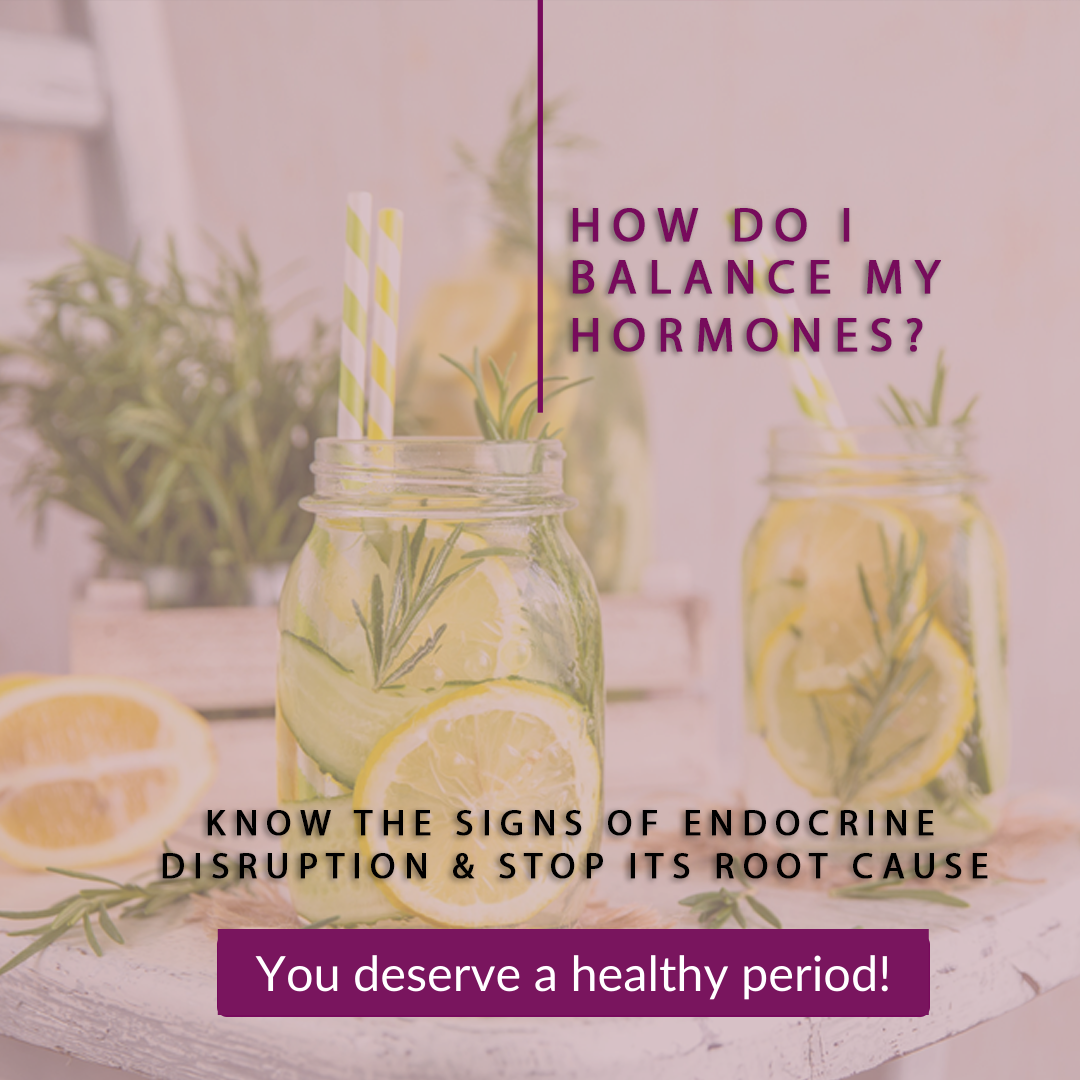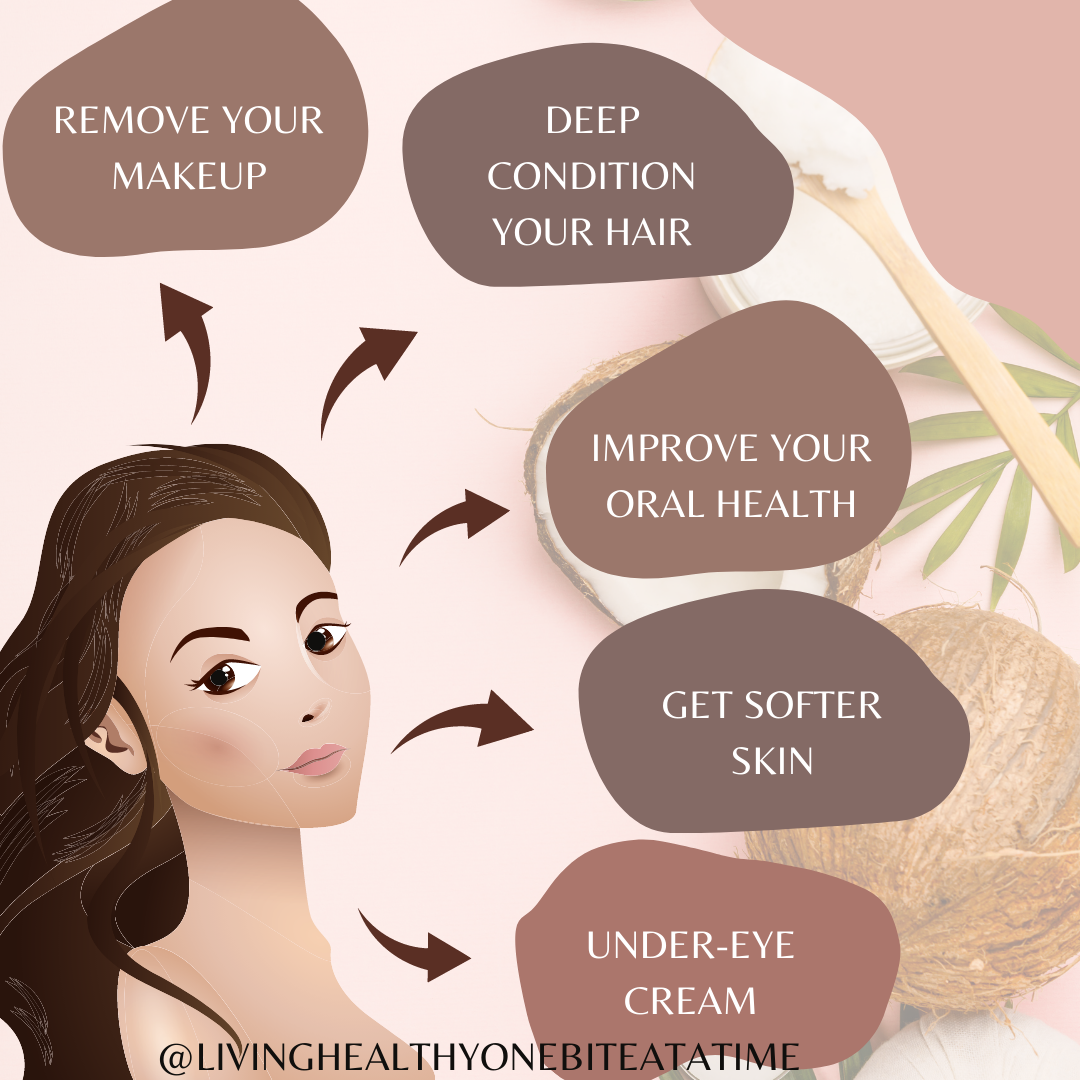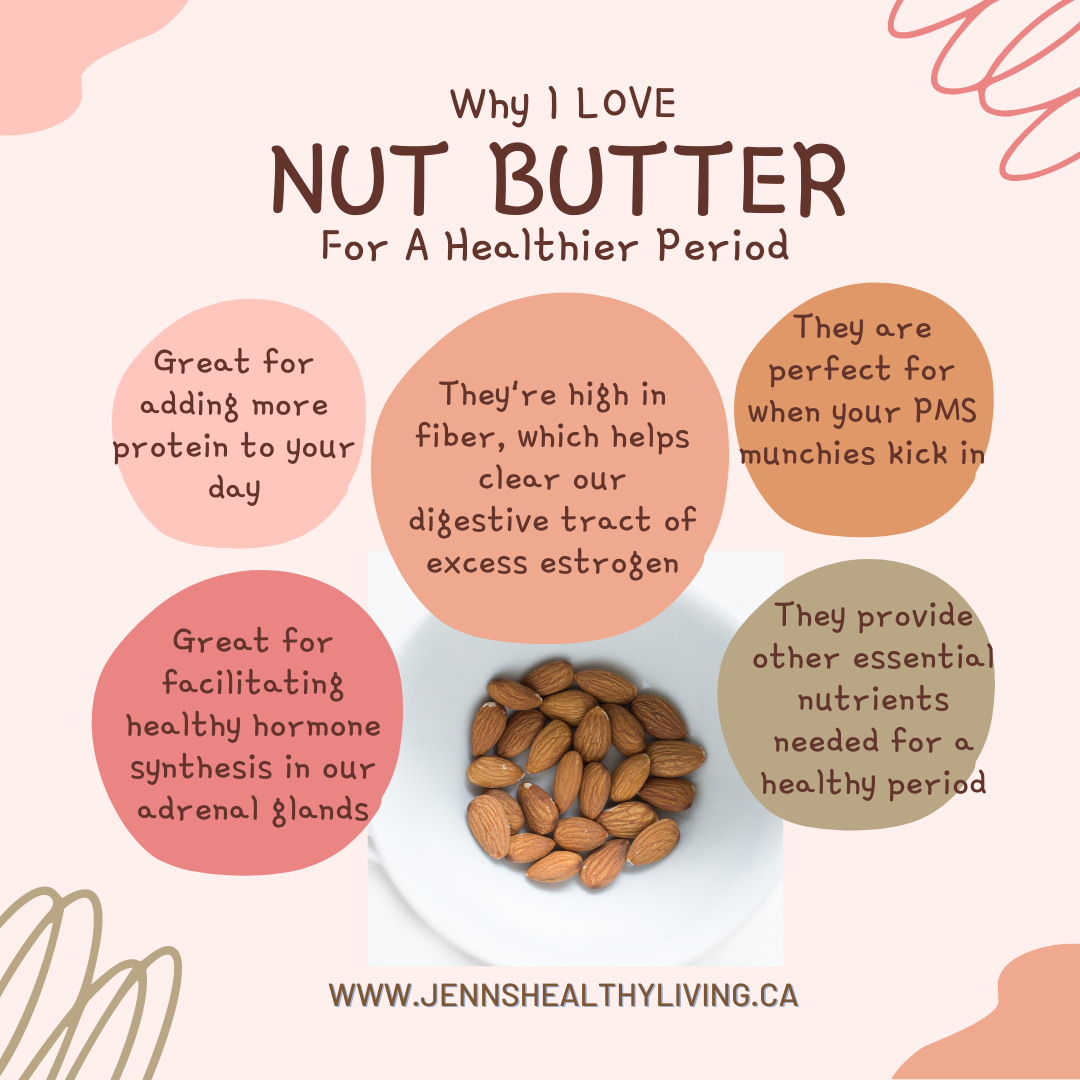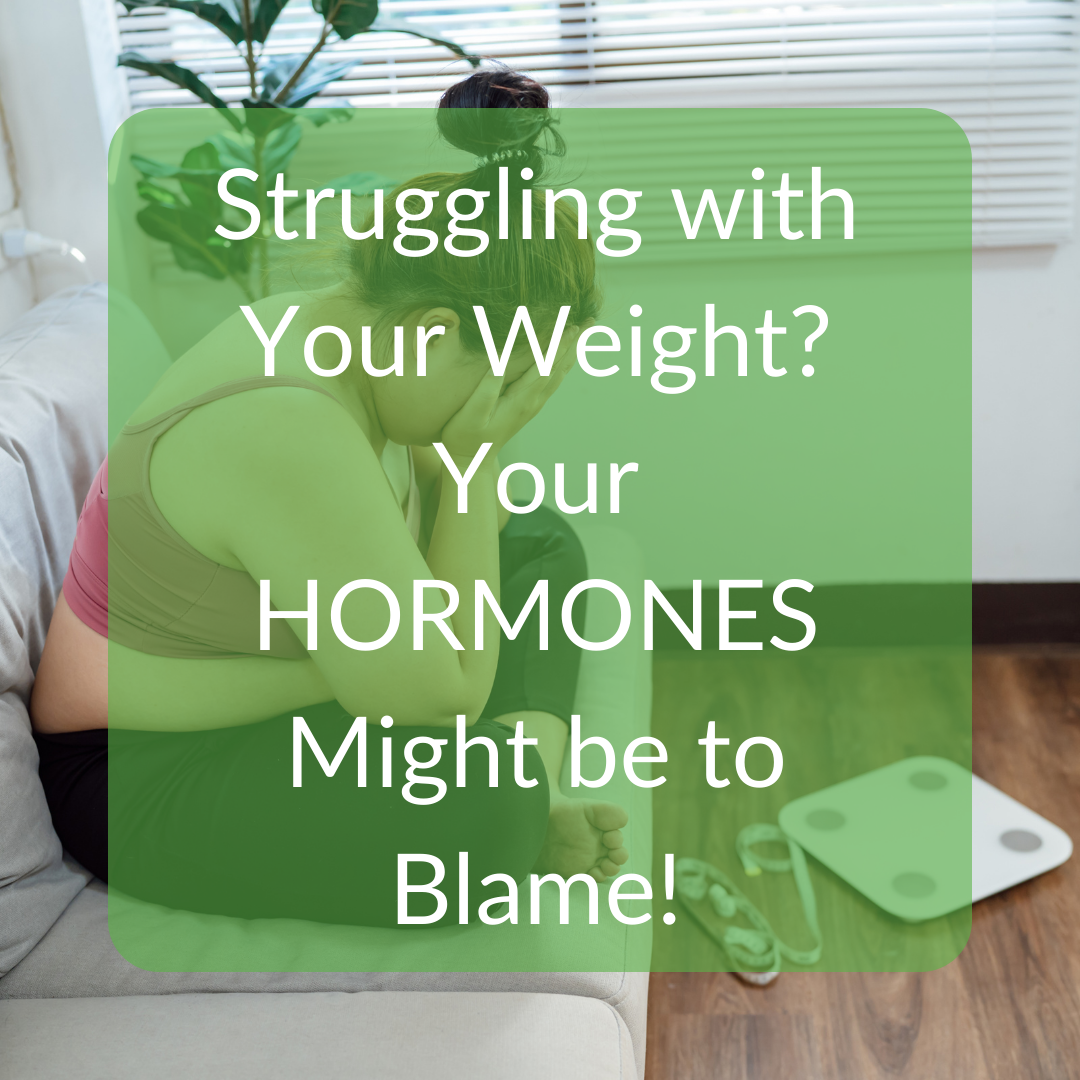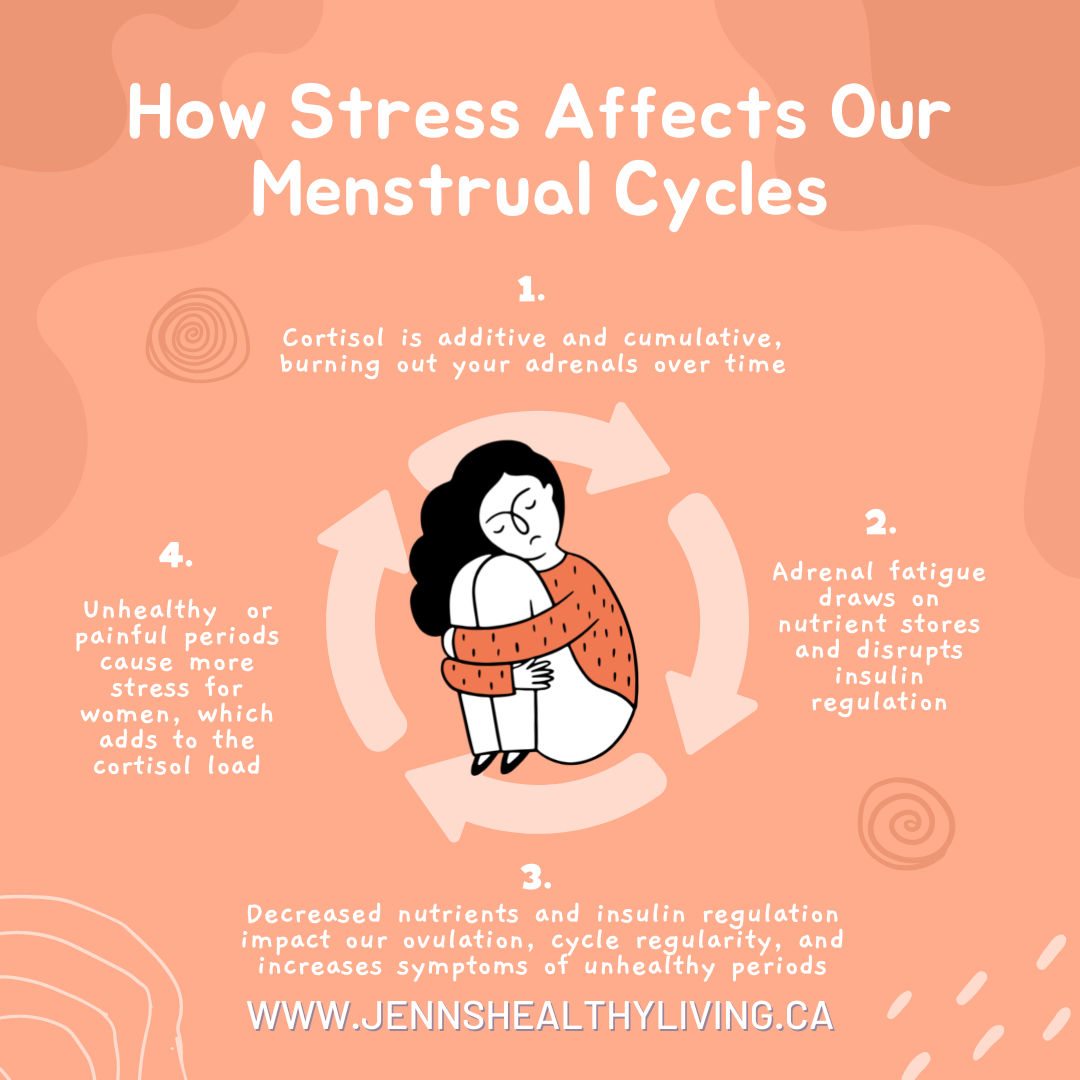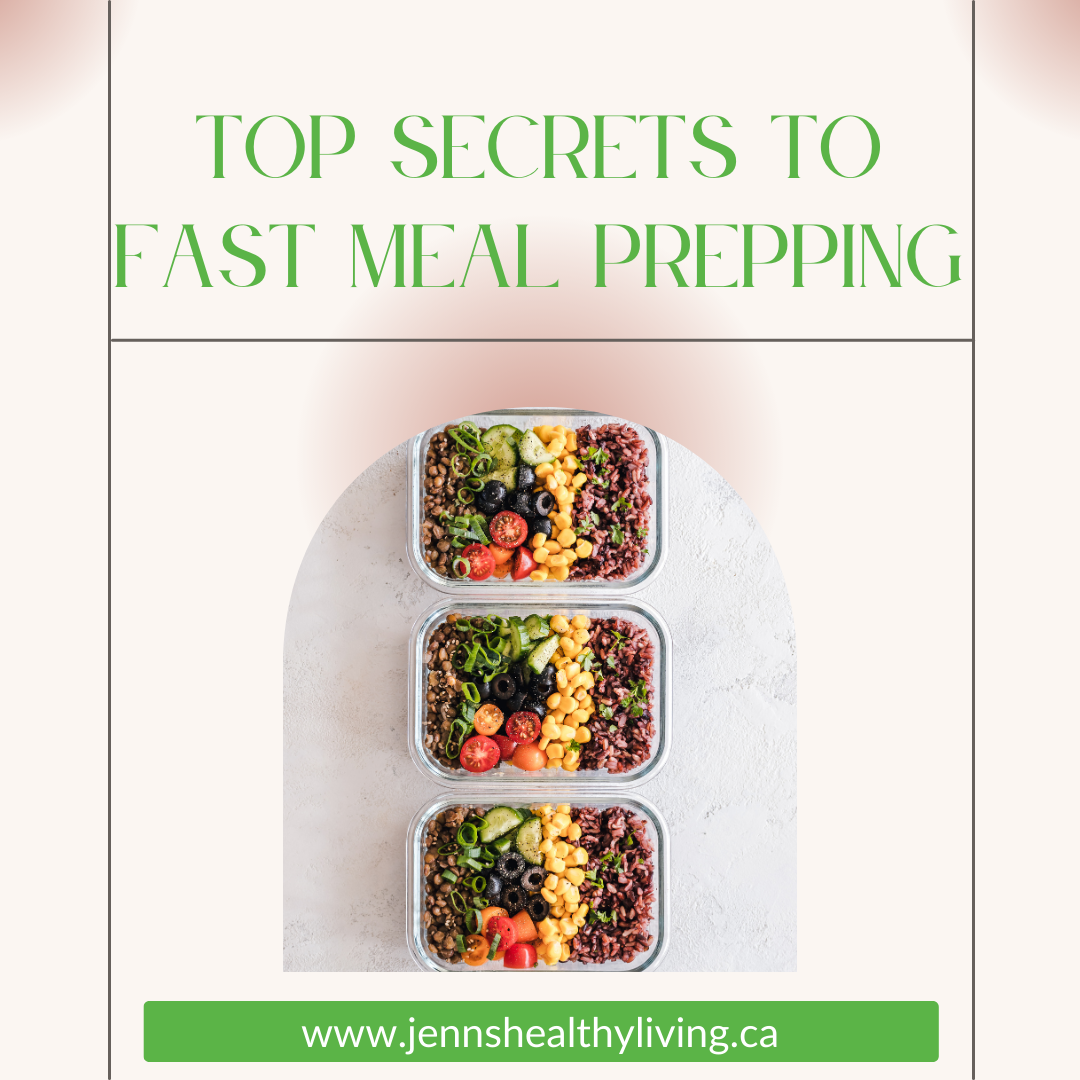PCOS is a condition that has a strong impact on a woman's fertility and affects between 5% to 10% of women of child-bearing age. Because a woman's body doesn't produce enough eggs when she suffers from PCOS, it can cause infertility and contribute to diffculties in falling pregnant.
Most cases of PCOS are not genetic, but they are all related to hormonal abnormalities. The reason not enough eggs are produced is because of an excess of the androgen, or 'male' hormones. Both men and women have androgen hormones, but men have them in much greater quantities. This hormonal imbalance means that the cysts that are a normal part of producing eggs, do not grow. So a woman with PCOS has a lot of small cysts on her ovaries that do not mature to release their eggs. Normally, once this process happened, the cysts would go.
Another consequence of the higher levels of androgen hormones is the increased risk of obesity, heart disease, diabetes, as well as a likelihood of having more facial hair.
Interestingly, low-carb diets may help overweight women with PCOS. A recent study of 11 non-diabetic, overweight women with PCOS who had an average age of 33 was conducted. The study compared a 'standard' diet with 56% carbohydrates and 16% protein, with a lower-carb diet of 43% carbohydrate and 15% protein. The fat component of the lower carb diet was a lot higher than the standard diet, by 14%. The fat content of the low-carb diet was almost evenly split between polyunsaturated fatty acids and monounsaturated fatty acids. The fat content of the standard diet was almost evenly split between the two types of fatty acids, but was slightly higher (by 3%) in the monounsaturated variety.
A third diet, one high in both carbohydrates and monounsaturated fatty acids were also compared. The study participants only followed each diet for 16 days. They had a 3-week break between each diet and tried all 3.
Because the production of the androgen hormones are influenced by the presence of insulin, the researchers were interested in finding out whether a low-carb diet could reduce the amount of insulin circulating in the body. They believed this would have an indirect positive effect on PCOS.
The results of this study found that whilst hormones that were circulating weren't significantly affected by the lower carb diet, the women's cholesterol, fasting insulin levels, free fatty acids, and their response to insulin were positively affected.
The fact that their response to insulin improved is an indicator of the possible benefit of a low carb diet to PCOS sufferers. And because the women followed the diet for only 16 days, this may be why their levels of circulating insulin were not more prominently affected.
The authors of the study state: “Because elevated insulin is thought to contribute to the endocrine abnormalities in PCOS, a reduction in insulin would be expected to ultimately result in an improved endocrine profile."
They go on to say that these improvements indicate that using a low carb type diet, with a lower calorie intake, would probably benefit overweight women who suffer from PCOS.
So what does all of this mean? Should you just eliminate carbs and eat a Keto diet?
NO!
A Keto diet has been associated with an increased risk of heart problems for some, as well as being implicated in the hospitalization of others. It can also cause issues with the thyroid, liver, gallbladder, and is not sustainable on a long-term basis!
A PCOS Diet is designed to address common concerns of women struggling with Polycystic Ovarian Syndrome including excess body weight, insulin resistance, acne, and high blood pressure.
To combat insulin-resistance, all foods should have a low glycemic load. Carbs are always paired with fat and protein, and meals are scheduled every 2-3 hours to ensure level blood sugar. Be sure to included ingredients that are loaded with powerful hormone-balancing nutrients like indole-3-carbinol and calcium-d-glucarate.
A PCOS-friendly diet should follow these key considerations:
1) Low Glycemic Index Foods
Eating the proper amount and type of carbohydrate is important to help balance insulin levels. A gluten-free, dairy-free meal plan uses low glycemic foods to optimize blood sugars, hormone levels, and weight management. Carbohydrate sources are paired with fats and protein to create a steady release of energy throughout the day.
2) High Fiber
Getting enough dietary fiber may reduce insulin resistance and hyperandrogenemia in women with PCOS. Following a high-fiber, sugar-free, grain-free plan can also help to improve hormone abnormalities associated with PCOS. Aim for upwards of 35 grams of fiber daily from vegetables, quinoa, hummus, nuts, and seeds.
3) Healthy Fats & Proteins
Omega-3 fatty acids provide beneficial effects on PCOS, including hormonal balance, anti-obesity, and anti-inflammatory effects. In combination with a low glycemic diet, getting enough daily protein may help provide endocrine and metabolic benefits. Aim to incorporate omega-3 fats from salmon, walnuts, and chia seeds and up to 25% of daily calories from protein.
4) Anti-inflammatory Foods
These are foods which contain polyphenols and antioxidants to lower chronic inflammation in PCOS. It includes polyphenols found in cloves, apples, walnuts, spinach, and kale. The polyphenol curcumin in turmeric is also recommended as it is a powerful anti-inflammatory agent. Essential fat-soluble antioxidants like vitamin A and vitamin E reduce oxidative stress. Create a meal plan that is packed with vitamin A sources like sweet potato, carrots, and salmon, and incorporates vitamin E through a daily dose of olive oil, nuts, and seeds.
5) Liver Support
The liver is a key organ for regulating hormone balance, chemical levels in the blood, glucose and protein balance, making immune factors, and breaking down and excreting harmful substances. Indoles, including indole-3-Carbinol, is essential to liver support and can be found in cruciferous vegetables like broccoli, cabbage, cauliflower, and kale.

